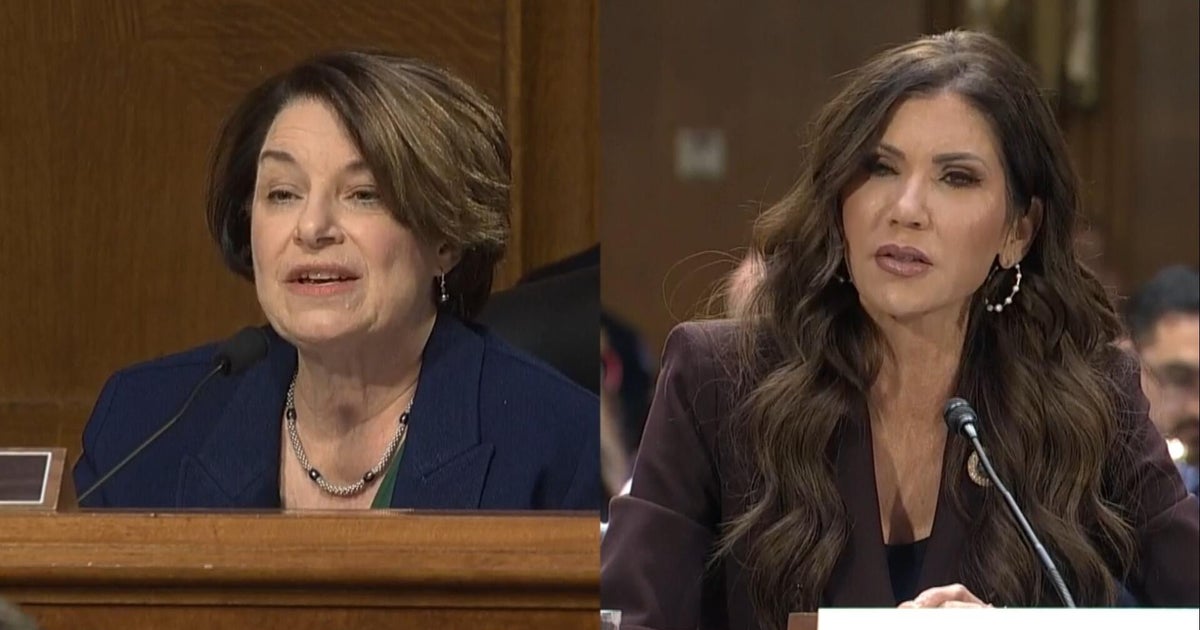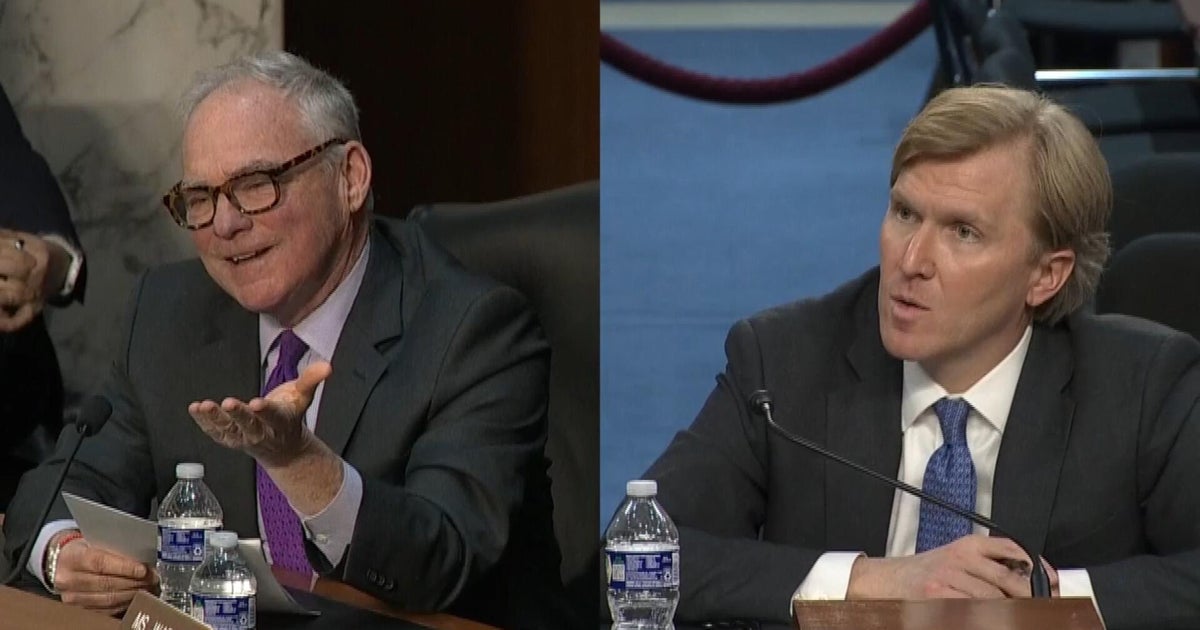Vitamins to be removed from shelves over poisoning concerns
We’re sorry, this feature is currently unavailable. We’re working to restore it. Please try again later.
Supplements containing high levels of vitamin B6 will be removed from general sale after the medicines watchdog received more than 100 reports from people suffering severe and often permanent health effects after taking the products.
Under changes to the Australian poisons standard announced by the Therapeutic Goods Administration (TGA) on Tuesday, customers will need to seek the advice of a pharmacist to purchase oral supplements containing more than 50 milligrams of vitamin B6.

Some supplements containing vitamin B6 will be subject to stricter safety controls from June 2027.
Supplements containing less than 50 milligrams of B6 will continue to be available over the counter, while those containing more than 200 milligrams will still need a prescription.
The changes will apply to about 125 products currently on the market in Australia. The TGA said they would not take effect until June 2027 to give manufacturers and health practitioners time to update product labels and manage stock.
Vitamin B6 is an essential nutrient found naturally in meat and plant sources, and occasionally added to popular over-the-counter supplements to aid the metabolic process.
Loading
Most people get enough of the vitamin through their diet. Deficiency cases are uncommon in Australia, and toxicity cases – caused by excess consumption – are rising.
In their final published decision, the TGA’s delegate noted 103 of the 231 submissions to the review were from people who had suffered severe and sometimes permanent symptoms after taking supplements containing vitamin B6. These included peripheral neuropathy (tingling or numbness in the hands and feet), nerve damage, and muscle weakness, all of which had significant impacts on daily life and employment.
“The considerable number of adverse events, difficulties in diagnosis and ensuing hardships on sufferers justify the scheduling restrictions on vitamin B6 medicines available for general sale,” the TGA delegate said.
Industry submissions argued toxicity cases were rare and occurred only in patients taking higher doses over a sustained period. But many people have reported severe symptoms even when taking much lower doses, including two people who had called the NSW poisons hotline reporting adverse effects while taking less than 50 milligrams.
Loading
Dominic Noonan-O’Keeffe, the lead plaintiff in a potential class action against wellness giant Blackmores over their B6 supplements, said the TGA’s decision fell short of the 5 milligram threshold recommended by those who had suffered toxicity.
“We’re happy that something’s being done at all, but it doesn’t go anywhere near far enough to protect the community,” he said. “They’ve missed the mark.”
There was widespread agreement in the submissions that many products containing vitamin B6, including many magnesium and ashwagandha supplements, were not clearly labelled, and recommended mandatory front-of-pack statements notifying customers of their presence and potential risks.
“Many people mentioned being unaware of vitamin B6 in various products resulting in cumulative exposure from multiple sources,” the TGA said.
Since 2020, the TGA has required all supplements containing daily doses of more than 50 milligrams of B6 to carry a warning statement. The agency again lowered the threshold to 10 milligrams in 2022, concerned about a lack of awareness regarding the dangers of elevated B6 intake.
Start the day with a summary of the day’s most important and interesting stories, analysis and insights. Sign up for our Morning Edition newsletter.
Most Viewed in National
Loading


















































